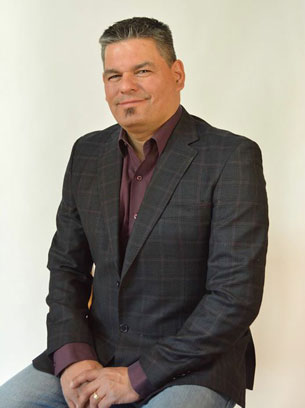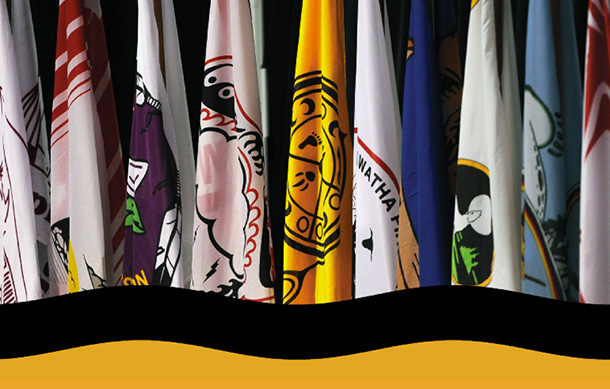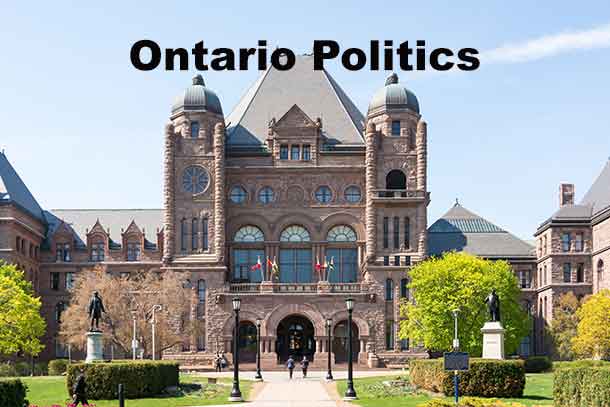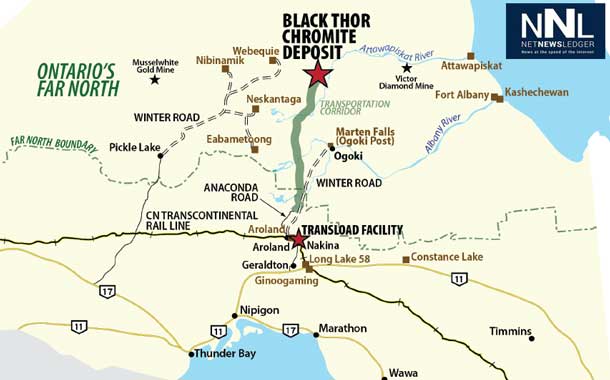
FIRST NATIONS ARE READY TO WORK WITH ONTARIO FOR BETTER OUTCOMES
TORONTO – Guest Editorial – Yesterday’s report by the Auditor General highlights why Ontario and First Nations must work together to do more for those who are the most vulnerable: our children and Elders. Clearly, there is room for the Ontario Government to make improvements. We encourage them to do so as effectively and efficiently as possible in continued partnership with First Nations. Ontario must recognize that First Nation communities have diverse needs that reflect their own knowledge systems, perspectives, cultures, languages, lifestyles, geographic locations and status.
We are heartened that this Government has been working with us in good faith. Just last week, First Nations leadership met with 19 Cabinet Ministers to find a better way forward. In the spirit of the Political Accord, we are ready to do the same to make the changes suggested by the Auditor General. Indeed, Aboriginal Minister Affairs Minister David Zimmer, Health Minister Eric Hoskins, and Children and Youth Services Minister Tracy MacCharles are actively engaging our leadership towards implementing positive changes.
The Chiefs of Ontario are concerned to learn that some of the 47 Children’s Aid Societies (CAS) continue in failing to meet provincial protection standards, some are closing cases too soon, and are some are taking too long to complete investigations of possible abuse. First Nations are ready to work with Ontario to restore jurisdiction over our children to ensure improvements to the child welfare system.
We have more Indigenous children in care than at the height of the residential school era. The first five TRC recommendations concern the child welfare crisis. Proper education and training for all child-welfare decision-makers and social workers dealing with Indigenous children is a top priority. Far too many of our children, who have been failed by the child welfare system, end up living in poverty, becoming incarcerated, or end up as missing and murdered statistics.
In a perfect world, Indigenous children would not make up half of all children in care in this country. Rather our children would be living in healthy, happy communities. We believe that the time is now to work with this government through the Political Accord to end the poverty, despair and dysfunction experienced by far too many of our Peoples. Allowing First Nation communities to fully control child care services is a first positive step. After all, our Peoples know what is best in protecting our children.
Our Elders are also suffering due to continued problems with home care services that were originally identified by the Auditor General five years ago. It has also been confirmed that the Local Health Integration Networks (LIHNs) have not been able to meet First Nation needs properly because the province has not clearly outlined how the LIHNs are supposed to fulfill their mandates. This is why we have been in discussions with Ontario and Canada on advancing the development of a First Nation Health Accord process that places greater accountability on all jurisdictions.
The Auditor General’s most sweeping recommendation is that “good decisions require reliable, objective and pertinent information.” In order to ensure reliable information, we must work together – all Ministries with all First Nation leadership – in the spirit of the new Political Accord. We must enable a better system that serves all Ontarians and First Nations to the best of its abilities.








